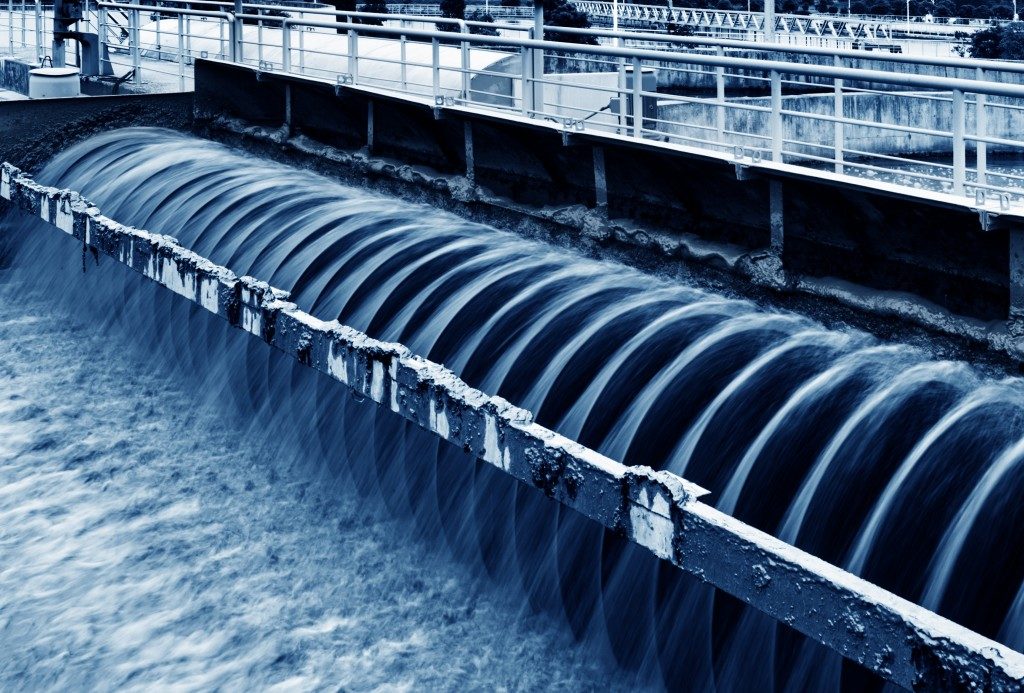Around the world, dry areas are expanding, but some parts could experience flooding while others are still in a drought. If you have been in major cities for the last few decades, you must have noticed a reduction in water availability, which most people attribute to climate change. Precipitation has reduced significantly, and it is predicted that the situation will become worse.
Urban areas will probably bear the biggest pain, as water restrictions may be the next move by the government. Rural areas will also experience this if they have industries that use a lot of water. The ideal solution for these dire situations is to use recycled water by taking advantage of commercial water treatment systems.
1. Paper Industry
The paper industry is trying to reclaim its wastewater, even though this water is normally for disposal. Tough legislation may be behind this trend, but it is safe to say that most industry players are increasingly environmentally concerned.
Membrane filtration appears to be the favourite method for cleaning the water before it can be reused. Once the water is cleaned, it can be used once more as process water. Imagine the amount of savings a paper factory can achieve, given that manufacturing a metric tonne of paper requires 54 cubic metres of the precious resource.
2. Horticulture
The global greenhouse horticulture market is growing steadily, spurred by expanding market. Water inefficiency is still a big challenge in many countries, yet this form of agriculture demands clean water. But financial limitations and other challenges make it hard for greenhouses to use clean water. Many greenhouses use drain water that can be ridden with pathogens. Modern water treatment methods are being used to reverse the dangers, with UV disinfection and Ozone treatment leading the way. They also use the conventional slow sand filtration method, which is mostly applicable for removal of solids.
3. Textile Industry
The textile industry involves many processes including bleaching, mercerizing, sizing and scouring, all of which are extremely water-intensive. A lot of the water goes into flushing and raw material cleaning, so the wastewater contains chemicals such as colouring, fats and oils. The fact that a wide range of chemicals feature across the textile industries makes it difficult to identify a one-size-fits-all treatment system. Overall, it appears that the most common solution is membrane filtration for its reliable and consistent effluent performance.
4. Beverage and Food Industry

This is an equally water-intensive industry, hence the need for improved water recycling efforts. There are opportunities for recycling, as the water is used for relatively manageable applications- cleaning, cooling and transportation amongst others. Though there are stringent requirements for water reuse, the organics and salt contents in the wastewater can be handled. Several companies have implemented membrane bioreactor (MBR) technology and a few other advanced water-recycling methods in a bid to reduce wastewater loss.
With the escalating situation of water scarcity around the world, identifying and grabbing opportunities for water recycling is inevitable for many industries. Massive potential exists in different industries, especially with the involvement of legislation and government support. Industries must begin their efforts with a careful analysis to identify all the hazards and determine the viability of the projects.




